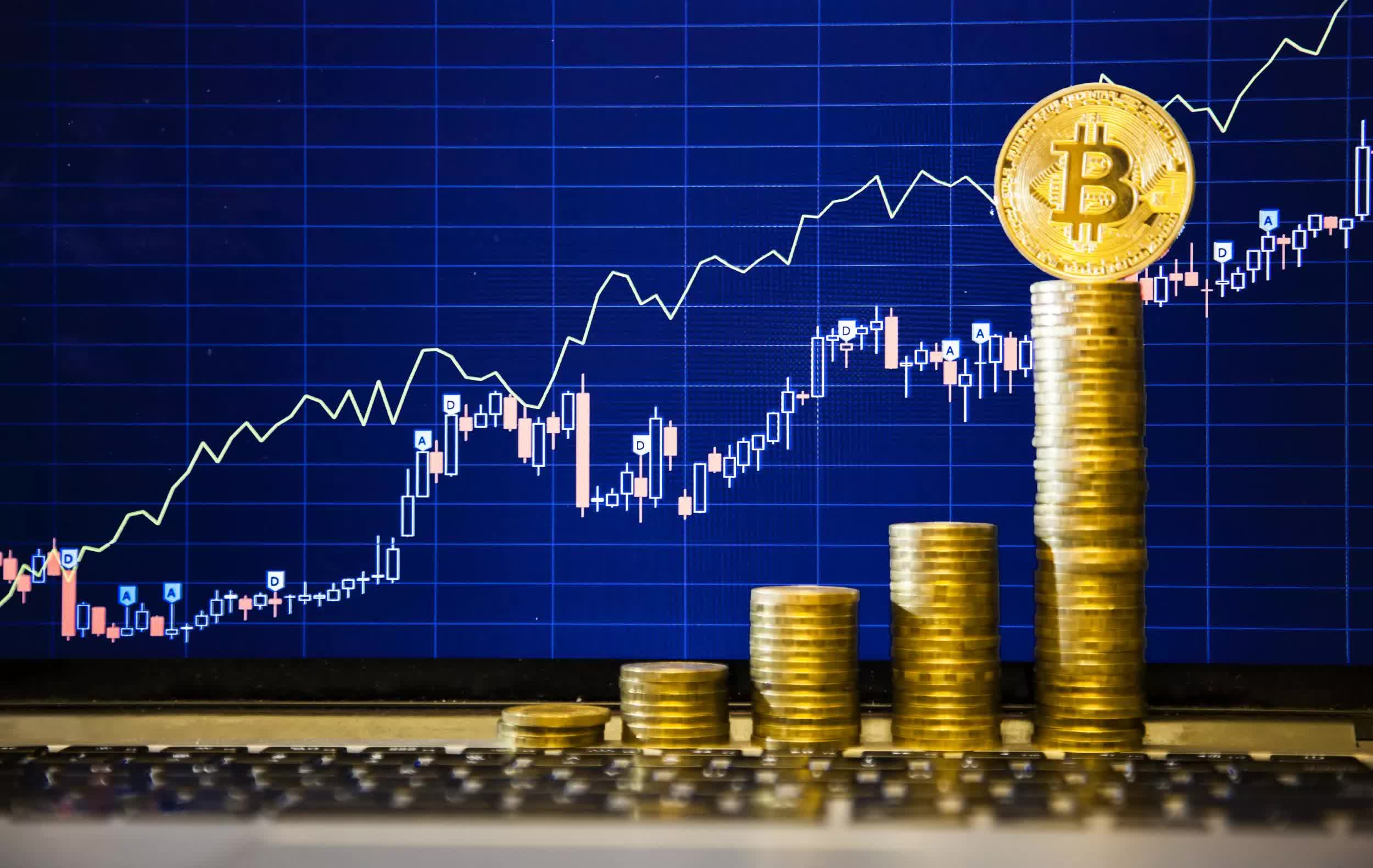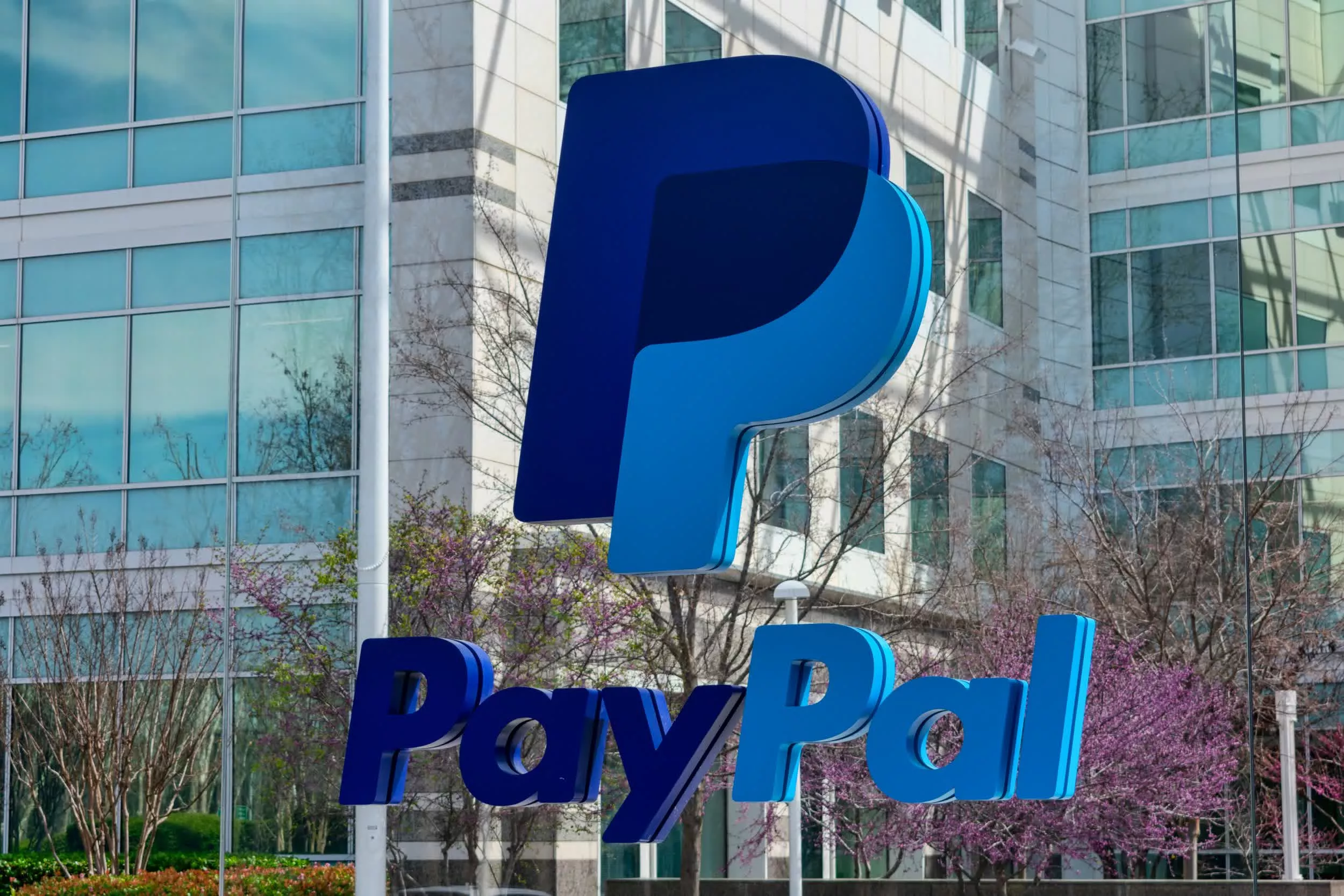In context: Thanks to strong support from the Trump administration, cryptocurrencies are gaining significant momentum in the financial market. PayPal is closely watching this growing interest in crypto and will soon roll out a game-changing update for the entire online marketplace.
Over the next few weeks, PayPal will roll out a new "Pay with Crypto" option. The feature will reportedly allow businesses worldwide to accept more than 100 cryptocurrencies at checkout, though international buyers may face higher fees.
PayPal General Manager of Large Enterprise and Merchant Platform Frank Keller told Bloomberg that the new option will serve the 650 million users participating in the $3 trillion global cryptocurrency market. The goal is to give small businesses an easier way to tap into that growing customer base.
Keller confirmed that "Pay with Crypto" transactions should settle instantly, but they'll launch with a 0.99 percent fee per transaction. Foreign customers will face much steeper costs – up to 10 percent per transaction or more. The service will support currencies like Bitcoin and Ethereum, with users required to host their wallets on major exchanges such as Coinbase, OKX, and MetaMask.

Merchants can opt to convert crypto payments into PayPal USD (PYUSD), the stablecoin PayPal launched a couple of years ago, and earn four percent interest on those balances. Stablecoins are cryptocurrencies tied to a reserve asset; in PayPal's case, PYUSD is fully backed by US dollar deposits, treasuries, and other cash equivalents.
The four-percent interest rate signals PayPal's push for wider cryptocurrency adoption. Keller said the company's presence in the market will build "trust" and position PayPal to play a larger role as it scales its crypto efforts. The idea isn't far-fetched, especially as the US moves to integrate cryptocurrency more deeply into its economy.
The Trump White House is pursuing several legislative initiatives on stablecoins and cryptocurrencies. At the same time, the Consumer Financial Protection Bureau (CFPB) and other agencies charged with protecting consumers from fraud are losing staff and resources. The CFPB recently announced new rules targeting fintech firms like PayPal, but their future is now uncertain.
